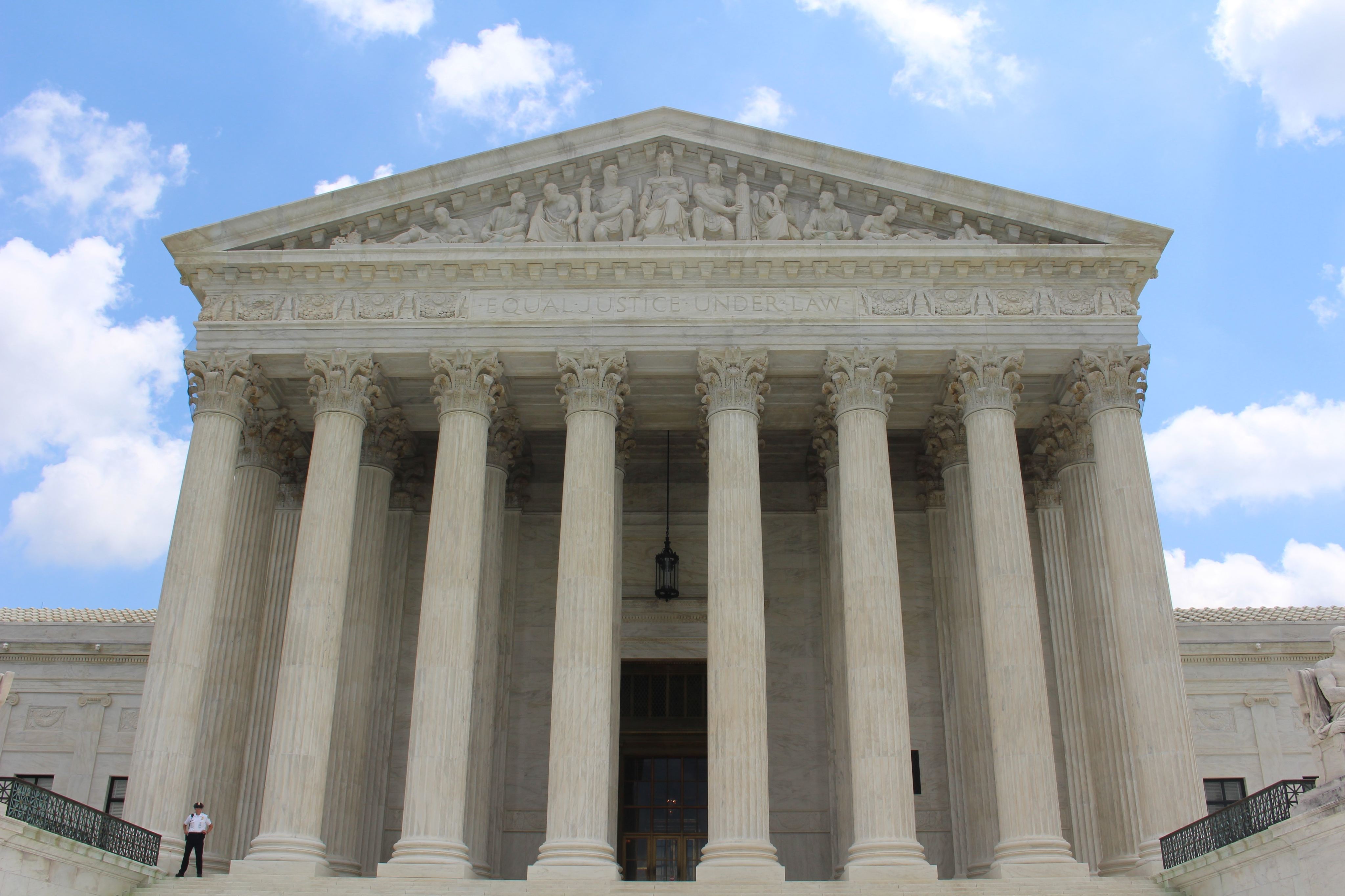Press groups urge SCOTUS to provide live audio of oral arguments in six upcoming cases

Update (Oct. 4, 2019): On the evening of Oct. 3, the Reporters Committee for Freedom of the Press received an email from Kathleen Arberg, public information officer for the U.S. Supreme Court, denying the Reporters Committee’s request for live or same-day audio and relaying a message from Chief Justice John Roberts that the court “plans to follow its usual practices regarding the posting of the audio recordings of oral arguments” in all six cases on Oct. 8 and Nov. 12. Read the response from the Supreme Court Office of Public Information.
The Reporters Committee for Freedom of the Press and a coalition of 31 media organizations are urging the United States Supreme Court to live-stream audio of six oral arguments: The first three on Oct. 8, when the court takes up cases addressing sexual orientation and gender identity discrimination under Title VII of the Civil Rights Act of 1964; and the other three on Nov. 12, when the court hears cases addressing the Deferred Action for Childhood Arrivals plan.
The news media coalition argued, in a friend-of-the-court letter sent to the court on Oct. 3, that due to the heightened nationwide interest in following these proceedings as they occur, the court should release live or same-day audio, of the oral arguments in these cases. The court’s usual policy is to release audio recordings of oral arguments at the end of the week on which they are heard. The existing policy will “impede journalists’ ability to provide same-day coverage of the arguments to readers, viewers, and listeners who rely on the news media for information about these crucial issues of significant public interest,” the coalition argued.
The Supreme Court has released same-day audio in 27 cases, most recently in 2018 with the “travel ban” case, Trump v. Hawaii. The court has also released same-day audio in the LGBTQ cases of Hollingsworth v. Perry, 570 U.S. 693 (2013), and United States v. Windsor, 570 U.S. 744 (2013), along with the 2015 marriage equality case Obergefell v. Hodges, 135 S. Ct. 2584 (2015).
The court has never live-streamed an oral argument, but did live-stream both audio and video for Justice Antonin Scalia’s Bar Memorial in 2016. The Supreme Court has issued media advisories reserving specific seats for the press in all six cases where the Reporters Committee requested live audio, listed below. The court will have around 200 spectators in person during these arguments, along with a rotating five-minute line.
Lower federal courts have already taken steps to open their proceedings to both audio and video broadcasts. All 13 federal appeals courts allow for some form of audio broadcast of arguments, either in real-time or with a slight delay. Increasing public access to the proceedings through the release of live audio of oral arguments in the nation’s highest court would promote accountability, transparency, and a more informed electorate.
The Oct. 8 cases that the Reporters Committee requested live audio of the oral arguments for are Bostock v. Clayton County, Ga., No. 17-1618; Altitude Express, Inc. v. Zarda, No. 17-1623; and R.G. & G.R. Harris Funeral Homes v. EEOC, No. 18-107. The Nov. 12 cases requested live audio of the oral arguments for are Dep’t of Homeland Sec. v. Regents of Univ. of Cal., No. 18-587; Trump v. NAACP, No. 18-588; and McAleenan v. Vidal, No. 18-589.